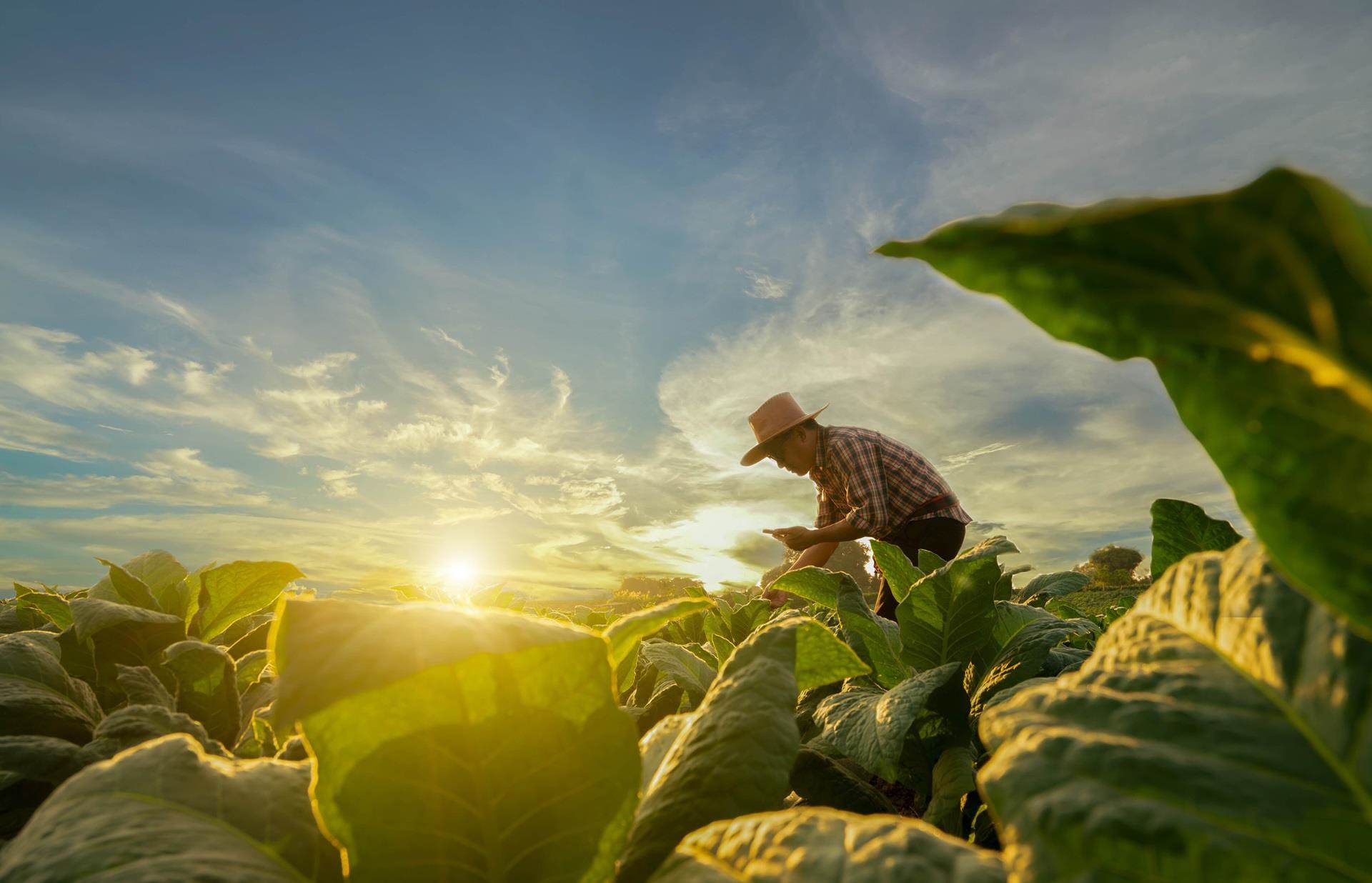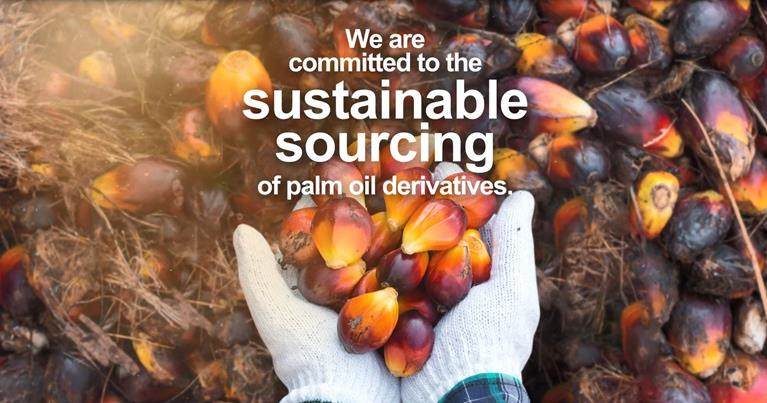
Procurement and sustainable sourcing
We have an important role to play in trading responsibly, with honesty and integrity at all times. We therefore want to ensure that organisations we deal with, our suppliers and their representatives, share this responsibility and live up to our values and standards. From sourcing raw materials to delivering safe products to customers, we are committed to responsible stewardship at every stage, meeting all relevant legislation and registrations.

Supplier engagement and monitoring
We partner with EcoVadis, the world’s most trusted business sustainability ratings. We use its universal scorecard, benchmarks and performance improvement tools across four areas: environment, labour and human rights, ethics, and sustainable procurement.
Alongside our own work with suppliers, we look for third party certifications to validate the sustainability credentials of suppliers and their raw materials. These include International Sustainability and Carbon Certification (ISCC), Roundtable on Sustainable Palm Oil (RSPO), USDA BioPreferred®*, Union for Ethical BioTrade (UEBT) and Sustainable Castor Oil Association (SuCCESS).
*USDA BioPreferred is a registered trademark of the US department of Agriculture
As part of our commitment to responsible and ethical trading, we developed a Supplier Code of Conduct, which outlines our sustainability commitments and key principles for suppliers to do business with us. The Code covers:
| Sustainability | Legal requirements | Conflict of interest | Human rights |
| Health and safety | Environmental management | Bribery and corruption | Conflict minerals |
| Animal welfare | Confidentiality | Quality | |
Supplier Code of Conduct
Fundamentals factsheet: Supplier partnerships and sustainable sourcing

Sustainable palm derivatives
Our use of palm-derived raw materials is supported by RSPO supply chain mapping, certification and transparency. In 2022 89.3% of our global palm derivatives consumption was RSPO physically certified by Mass Balance. In Europe and the Americas, we achieved 99% transformation to RSPO. We continue to face challenges completing the conversion primarily due to slow market progress in Asia. Working with Action for Sustainable Derivatives (ASD), our 2022 supply chain mapping covered 99.4% of our total volumes of palm-based raw materials.
Supply chain transparency was achieved for 97.7% (refineries), 95.4% (mills) and 33.5% (plantations) of volume. 99% of traceable volumes originate from Indonesia (57%), Malaysia (39.2%),Thailand (2.3%) and Colombia (0.5%), with 1078 mills representing 90.0% of traceable volumes.”
Sustainable Palm Index
The Sustainable Palm Index (SPI) is an evaluation scorecard for suppliers of palm-based derivatives, aimed at assessing the level of commitments, processes and achievements in terms of sustainable sourcing practices such as No Deforestation, no Peat, no Exploitation (NDPE) principles. In 2023, we participated in the SPI assessment of our palm oil derivatives volumes and actions taken in 2022, confirming compliance to the SPI. Our 2022 score increased to 99/100, in comparison to last years’ result of 87/100, which considers our sustainable sourcing practices as best-in-class.
*2022 Best-in-class practices are highest category for suppliers with a score above 80/100.
With an exceptional increase in points, it’s important to understand where the work performed has impacted the score. This year we have been more thorough in our investigation on supply chain transparency; how our direct and indirect suppliers report against their grievances; how they assess their high-risk mills, and how many tier 2 suppliers that have been verified as NPDE compliant.
See a full breakdown of where we achieved +12 points in comparison to last year.
- Sharing of Croda’s public grievance procedure.
- 81% of our volume from direct suppliers that regularly report on actions towards NDPE compliance.
- Identifying 50% of our direct and indirect volume coming from refiners that have conducted field assessments of high-risk palm oil mills in their supply chain.
- Identifying 41% of refineries and/or crushers as being verified as NPDE compliant.
Risk prioritisation and dynamic monitoring
We are founder members of ASD, who overlay environmental and social risk data and assessments to enable members like Croda to focus our transparency, risk management and engagement efforts to improve practices. In 2022, we worked with ASD to publish our Grievance Policy in the palm derivatives sector and supported the launch of the first ASD Impact Fund – Kaleka Mosaik Initiative – aimed at driving positive impact in priority production landscapes in Central Kalimantan and Indonesia. We also engaged with ASD in a collaborative satellite monitoring pilot to create a methodology to identify and confirm deforestation-free mills, refineries and plantations.




